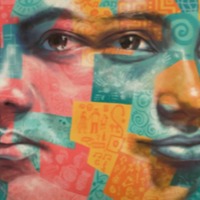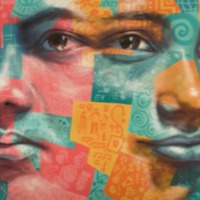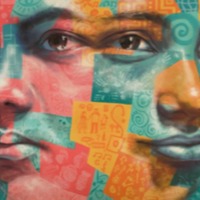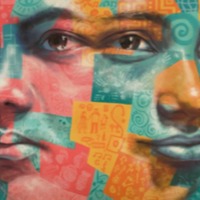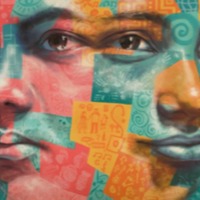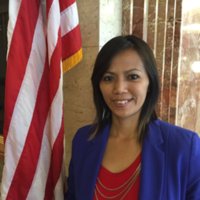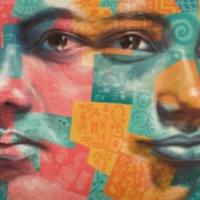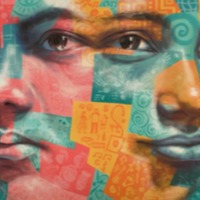
My name is Henriette Akofa. I come from Togo. When I was 14 years old, a Togolese woman named Simone, proposed to my family to bring me to Paris in France to help her at home. On my return, I would go to school. It would give me a better life than I had. But that wasn't true. On the first dayafter my arrival in January, I was given just two blankets. One I put on the ground to sleep on. The other was to cover myself. It was terribly cold for someone coming from Africa. Immediately, I realised that I had made a mistake. I should not have agreed to leave with this woman.
Things got worse. Everyday, I had to do all the household chores. I didn't go to school because I didn't have any documents. Each month, I was allowed rations of one kilogram of tomatoes, five kilograms of potatoes, six litres of milk and a packet of cereal. On my arrival, I met an older girl called Stephanie, whom I didn't know. I slept alongside her on the floor. The next day, I woke up and tried to sleep on the sitting room sofa but within minutes, Simone woke me brusquely to say that I was only allowed to sleep in a corner of the kitchen.
A few minutes later, Simone explained what she wanted us to do. We would iron and fold clothes and then put them in bags. We would cut, clean and sew fabric and take it to her clothes shop. Scarves, belts, jewelery - all the fashion accessories. We would go to embassies, UNESCO, and to the offices of Simone's friends, we noted what was bought and we would return everyday to get the money for the purchases.
After six months, I told Simone that I didn't trust her. I didn't want to sell for her anymore. I wanted to go back to Togo. She didn't believe me at first and laughed. I refused to eat what she gave me until I went back to Togo. I lasted a few weeks until Simone realised I was serious. She proposed that I work for another woman who would give me the money to return home. That wasn't true. The woman told me that she paid a lot of money to Simone to bring me a girl to help with household chores, as she was about to have her third child. So I didn't get any money and couldn't go home.
Simone tried to get me back but the woman threatened that she would report her to the police if she continued. I didn't see her again. The few souvenirs I had of my family remained with Simone. A few days later, the woman gave birth to her third child. I had a mattress on the floor, next to the cot of Raphael. I slept on the floor, changed nappies, prepared food and milk bottles. I did all the chores, the shopping, and took the older child to school, and looked after the two younger children at home. I was a slave. The only difference was that they didn't buy me from my parents. But they betrayed my trust and that of my parents. Slaves at least know that they have been bought. I was promised education in return for my help. I knew that what was happening to me was unfair because I had a family before and knew how human beings should be treated. I said to myself everyday, to where can I run?
I arrived at 14 years old and always tried to telephone my parents so that they could tell me what to do but I didn't have the country code. I tried but never made contact. There was no break. It was 24 hours none-stop service. I was the first to wake up and the last to sleep. Sometimes, when I did sleep, they told me that I had not worked properly and was punished. I had no friends, no money, no documents and nowhere to go. The only time I knew where I was was when I was with the children. The youngest child was always on my back whilst I work, showered him and prepared food. When there were five children, I had washing, food to make, cleaning, 24 hours a day. Never a break. That lasted five years without salary or papers or free time. There was no future. I felt like the protector of the children. My faith allowed me to survive. I said to myself that if you don't harm others, you won't end up in a bad situation.
Narrative as told the Council of Europe.
